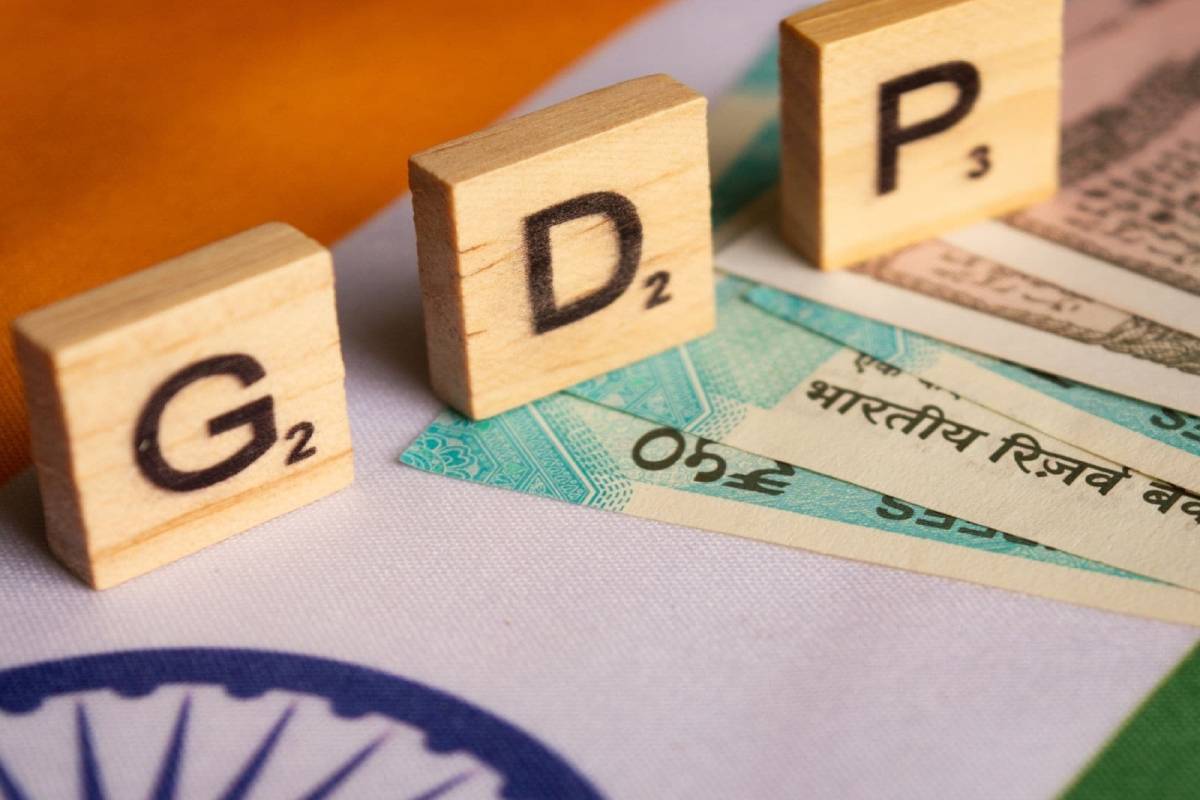A Dream Shattered
“I received a letter just before I left office from a man. I don’t know why he chose to write it, but I’m glad he did. He wrote that you can go to live in France, but you can’t become a Frenchman.
A recent IMF report offers key insights for India amid an increasingly debt-laden global economy.

Representational image (File Photo)
A recent IMF report offers key insights for India amid an increasingly debt-laden global economy. While India’s growth prospects remain promising, with an anticipated 7 per cent rise in GDP this fiscal year, the report’s cautionary note on debt underscores the importance of fiscal prudence for sustainable progress. For India, the findings are a reminder to maintain its growth trajectory without compromising economic stability, especially as the country’s debt-to-GDP ratio stands at around 83 per cent.
India’s steady growth has been buoyed by factors like easing inflation and sustained consumer demand, which help stabilise household finances and encourage spending. However, as global debt levels rise, economic contagion risks increase, which could have significant repercussions for India. Policymakers are therefore tasked with reinforcing economic resilience to shield India from external shocks while focusing on domestic stability.
Advertisement
A primary area of focus is the so-called “fiscal trilemma” ~ balancing the need for essential public spending with the challenge of avoiding excessive debt and expanding tax revenues. India has substantial needs in healthcare, infrastructure, and social welfare, areas essential for supporting a growing population. Ensuring adequate investment in these sectors without overextending on debt requires a careful balancing act, especially as India’s debt levels, while manageable, necessitate disciplined fiscal management. Expanding the tax base emerges as one of the most viable solutions for reducing India’s reliance on debt-financed spending. Recent steps toward tax reform, including the Goods and Services Tax, have begun to streamline revenue collection, but further refinements can increase efficiency and generate more robust revenues.
Advertisement
Formalising a larger share of the informal economy, which remains significant, would not only broaden the tax net but also reduce the fiscal deficit over time. This would give India the flexibility to meet its development goals without overburdening low and middle-income earners. Investing in sustainable and high-return sectors is equally critical. For India, green infrastructure and renewable energy are promising avenues. The global pivot toward sustainability aligns well with India’s need for long-term, high-impact investments. Increasing investments in renewable energy could reduce dependence on costly energy imports, attract foreign capital, and create jobs domestically, thereby contributing to stable, growth-friendly fiscal health.
Additionally, infrastructure development will bolster India’s competitiveness, attracting further investment and fostering growth. Finally, economic volatility driven by global commodity price fluctuations poses a particular challenge for India, which remains dependent on energy and commodity imports. To mitigate these risks, India could diversify its energy mix and secure favourable trade terms, protecting itself from price shocks that might otherwise strain its budget. This approach would help India manage fiscal resources more effectively, ensuring stability in times of global uncertainty. In essence, the IMF’s report underscores India’s need to pursue a careful, resilient path forward. By expanding its revenue base, focusing on strategic investment, and bolstering domestic stability, India can navigate an increasingly uncertain economic environment while reinforcing its own growth foundation.
Advertisement